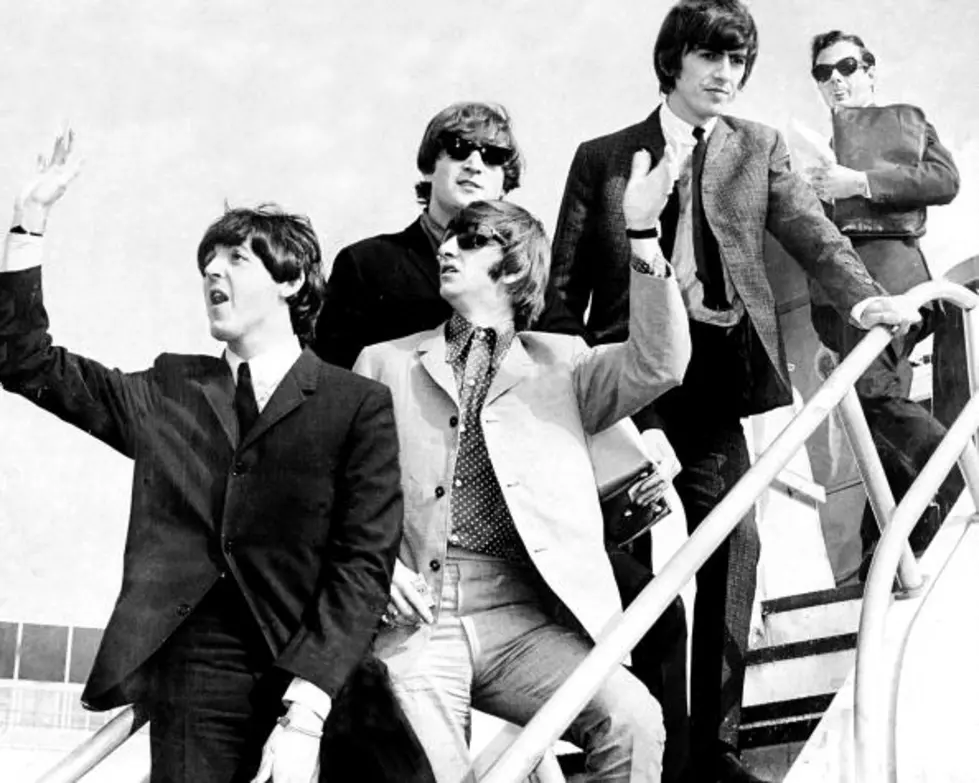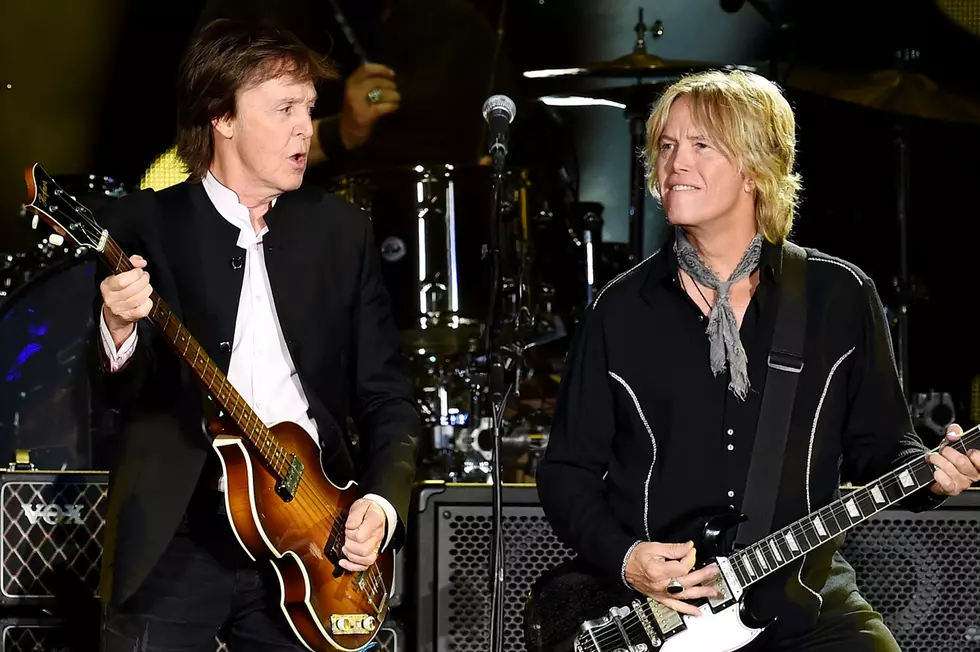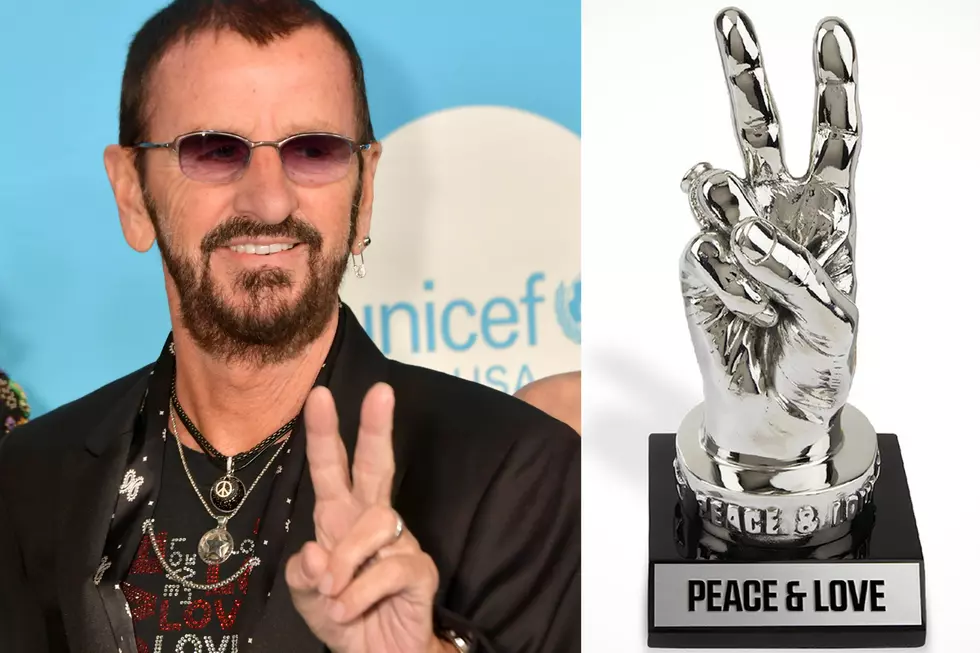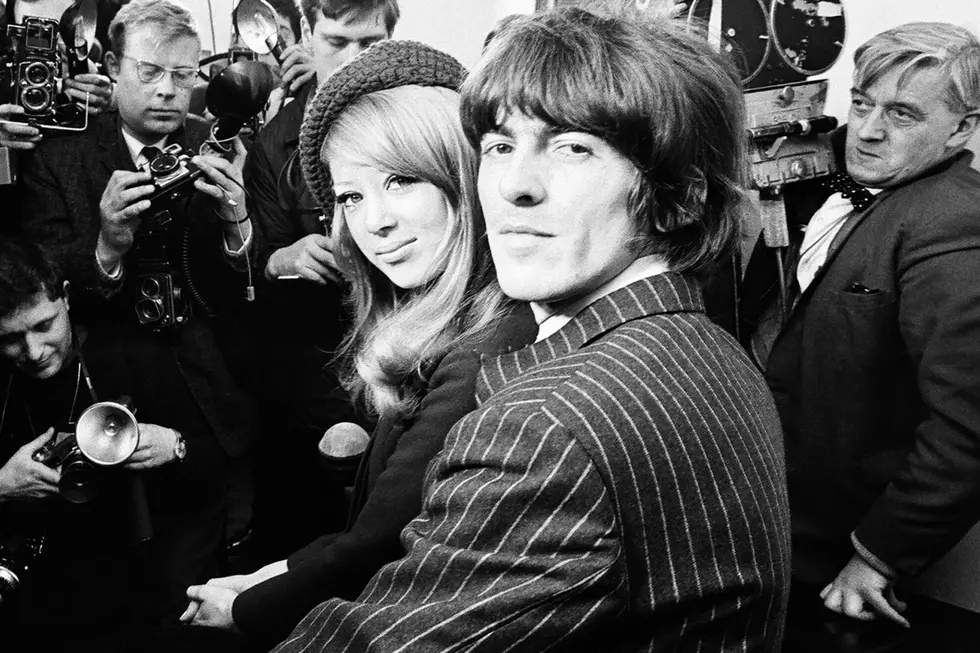
Behka’s Breakfast With The Beatles Recap: Week of February 9
This week on BBWTB, we're finishing up Beatles for Sale and moving into the soundtrack for their second movie, Help!On Monday, I played "Every Little Thing".
Paul McCartney wrote the song in a music room at the home of Jane Asher, where he was living at the time. He hoped that it would be released as a single, but it "didn't have quite what was required", and was released on Beatles for Sale instead. "Every Little Thing" is a rare example of a Lennon/McCartney tune in which one member of the partnership was primary composer (here McCartney) but the other sang lead vocal (here John Lennon). Especially after 1965, the majority of original songs were written and sung by their composer.
On Tuesday, I played "I Don't Want to Spoil The Party".
This song is written by John Lennon in a well loved style by the group: Country and Western. The lyrics revisit Lennon's familiar themes of alienation and inner pain. In this song, he is at a party, waiting for his girl to show up. When it becomes clear that she has stood him up, he decides to leave, rather than spoil the party for everyone else. Both the lyrics and melody share a melancholy sound and theme with previous songs on Beatles for Sale, such as "No Reply" and "I'm a Loser".
On Wednesday, I played "What You're Doing".
The lyrics are generally believed to concern Paul McCartney's relationship with Jane Asher. The song begins, uncommonly for the band, with a drum intro.The song lacks a chorus, so the verses become the melodic focus of the song. Between McCartney and Lennon, McCartney had typically been the more optimistic of the two when it came to songwriting. However, with this song he is expressing feelings of loneliness and doubt in his relationship, a theme he would be forced to develop more over time as his relationship soured, with songs like "I'm Looking Through You" and "You Won't See Me" from Rubber Soul, and "For No One" from Revolver.
On Thursday, I played "Everybody's Tryin to Be My Baby".
"Everybody's Trying to Be My Baby" is a 1957 song written by rockabilly musician Carl Perkins and originally released on Dance Album of ... Carl Perkins released on Sun Records. George Harrison was a huge fan of Perkins, even taking the name "Carl Harrison" as a pseudonym once. Harrison's vocals were heavily processed with the STEED effect. This is alternatively known as single tape echo and echo delay. It's a technique used in magnetic tape sound recording to apply a delay effect using tape loops and echo chambers. You can hear it in particular on the chorus of the song, but it is used throughout. Other examples of the use of STEED on Beatles recordings include the vocal stretch/hold in "Paperback Writer" (1966), and Paul McCartney's piano on "Birthday".
Then, on Friday, we started with the first track to the album, Help! - the eponymous title track.
The documentary series The Beatles Anthology revealed that John wrote the lyrics of the song to express his stress after the Beatles' quick rise to success. "I was fat and depressed and I was crying out for 'Help'," Lennon told Playboy. Lennon said it was one of his favorites among the Beatles songs he wrote, but he wished they had recorded it at a slower tempo. In these interviews, Lennon said he felt that "Help!" and "Strawberry Fields Forever" were his most honest, genuine Beatles songs and not just songs "written to order".
That's all for now with our BWBTB, we'll start up Monday with track two on the Help! album, "The Night Before".
Helpfully yours,
Behka
More From Mix 92.3









